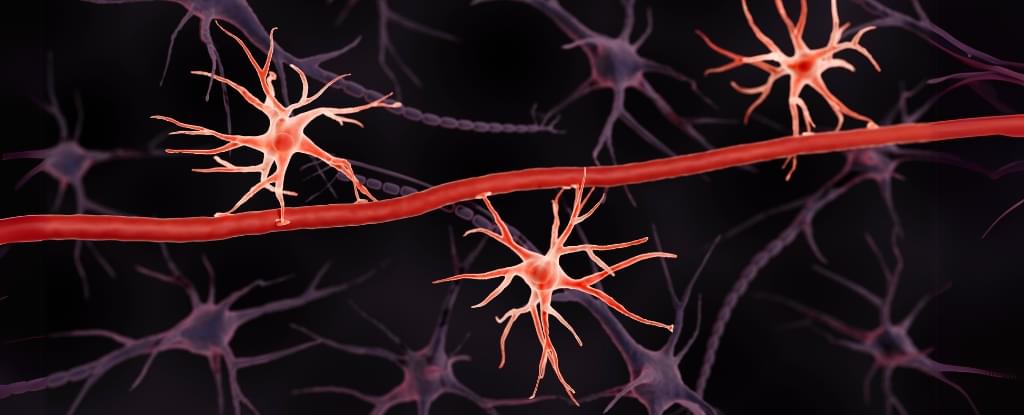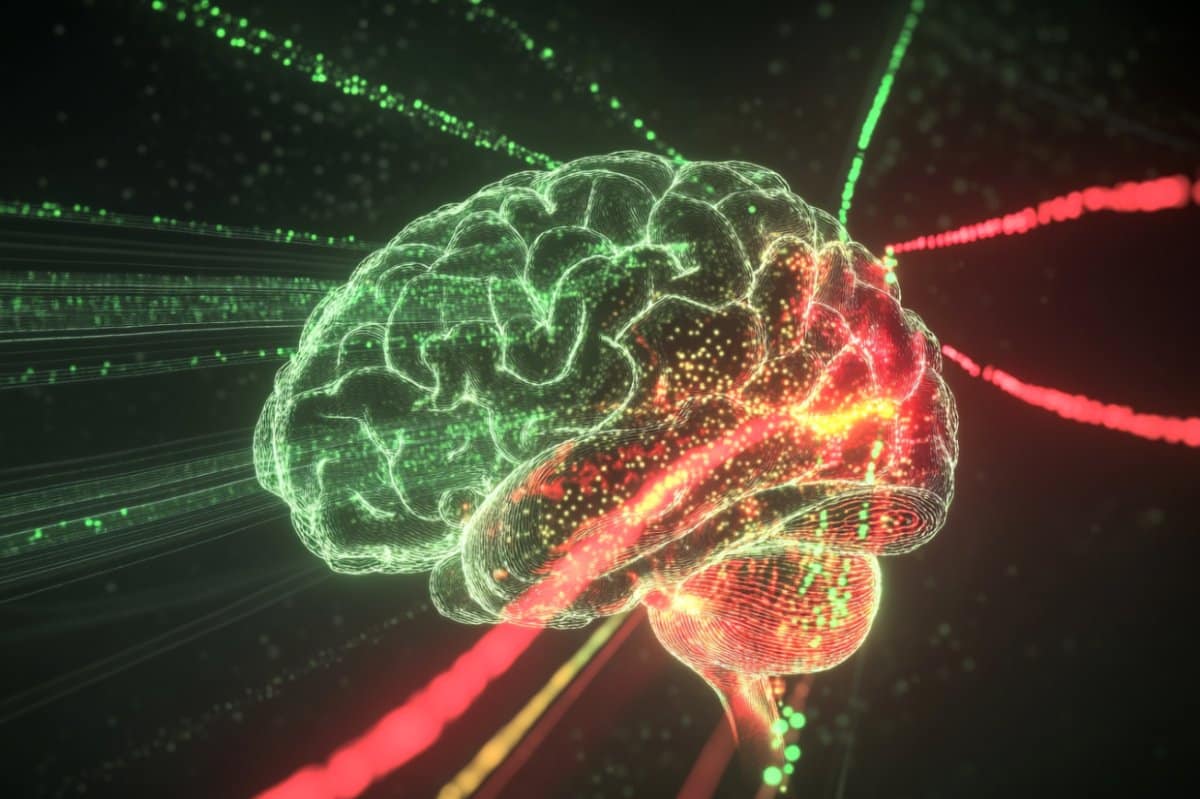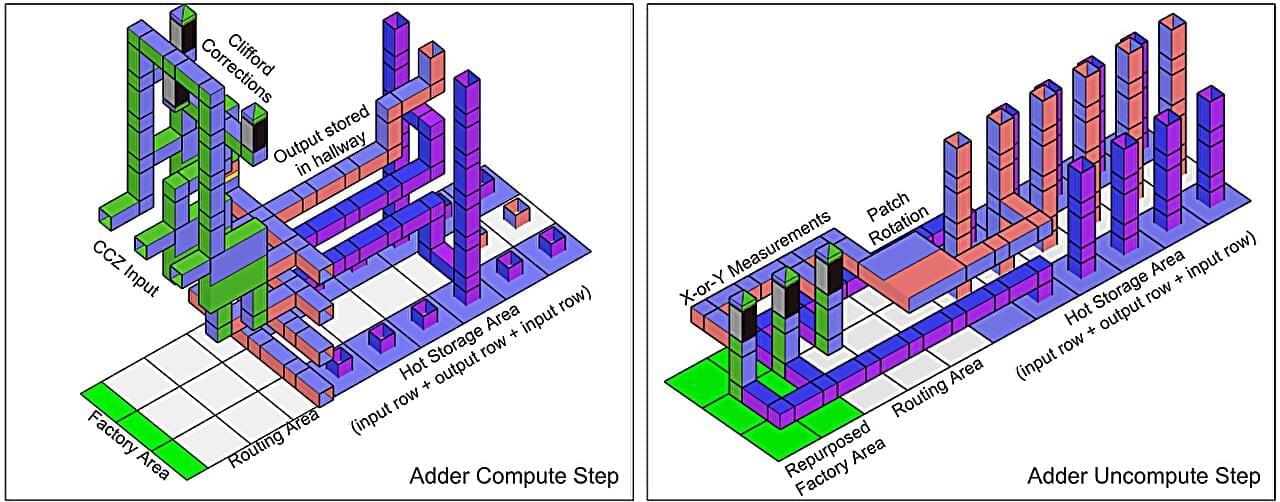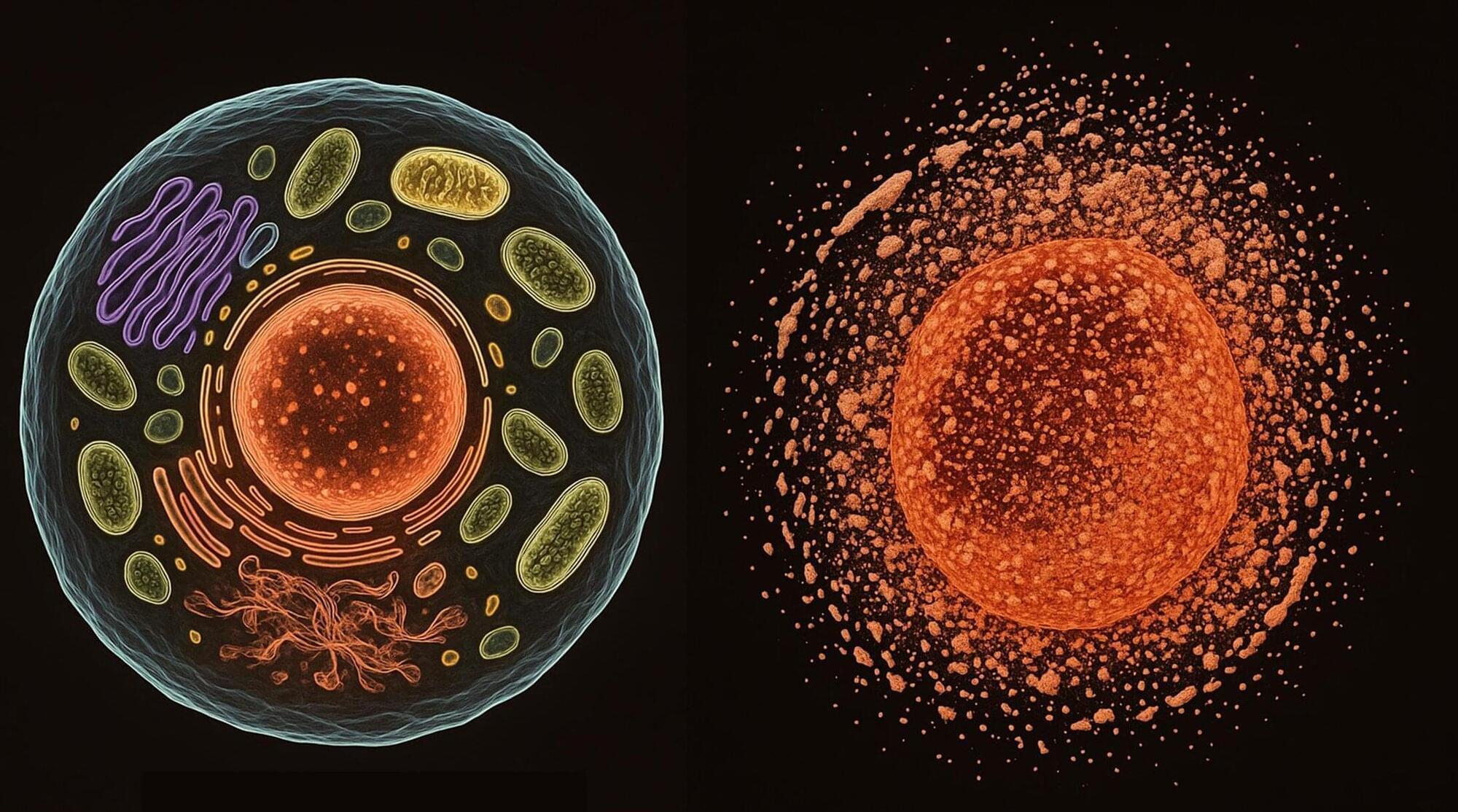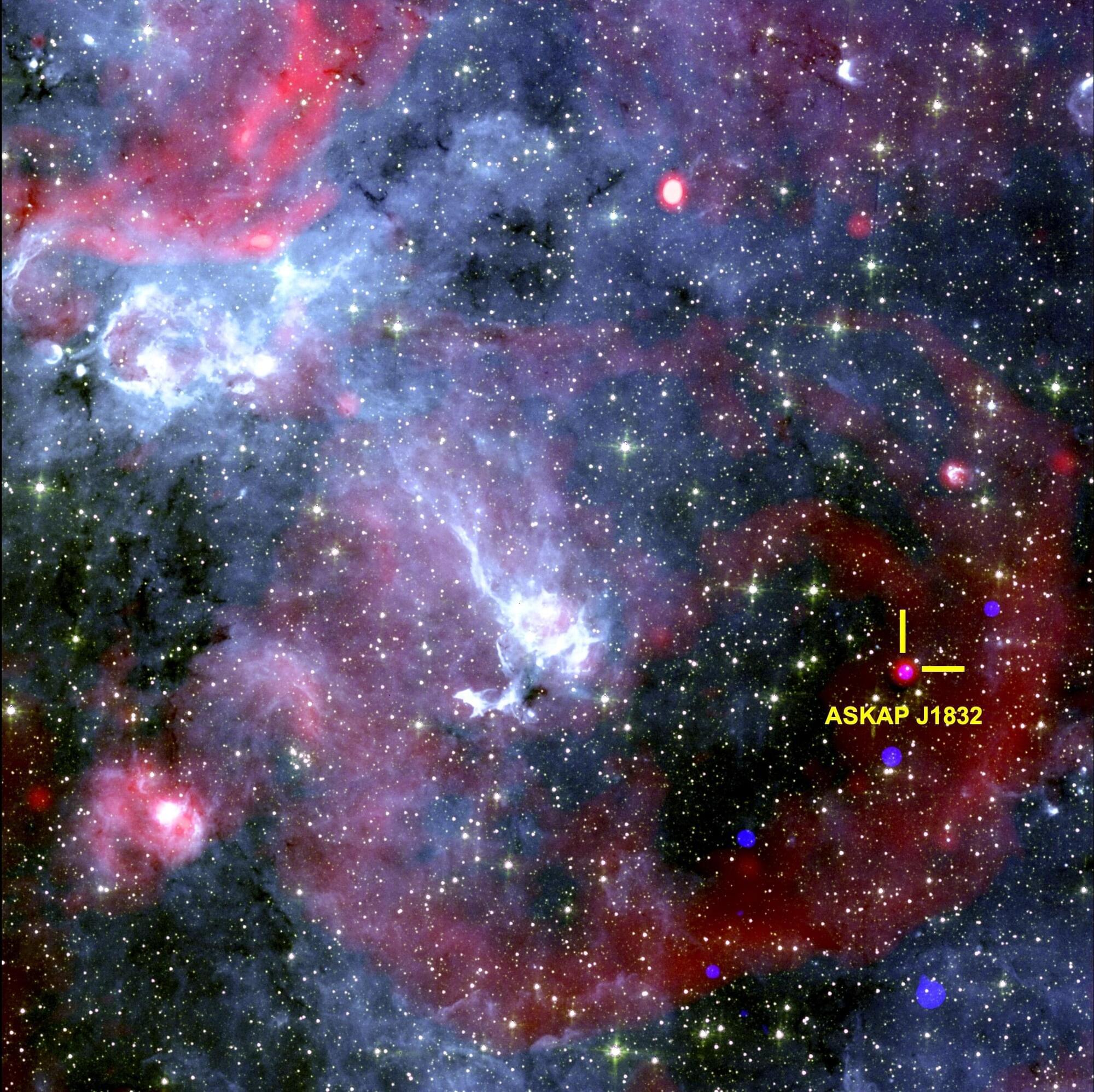As the population ages, multimorbidity, or when a patient has multiple diseases at once, is becoming increasingly common. The onset of one disease increases the risk of developing other diseases, making it necessary to investigate how a range of risk factors together affect such accumulation. Prior studies have focused on individual risk factors and related individual diseases.
A study explored how the risk factors measured from birth to middle age and unmeasured, or latent, factors covering the entire lifespan predict and explain the incidence of chronic diseases in eight organ systems from middle to old age: the cardiovascular, metabolic, gastrointestinal, musculoskeletal, respiratory, neurological and psychiatric systems, and the sensory organs.
The study, published in The Lancet Healthy Longevity journal, analyzed 22 risk factors, including age, sex, early life (e.g., size at birth, early childhood growth, childhood wartime evacuee status), socioeconomic factors (e.g., socioeconomic status in childhood, income in adulthood), lifestyle factors (e.g., smoking, alcohol consumption, physical activity, diet), clinical measurements and biomarkers (e.g., body mass index, blood pressure, blood glucose).

